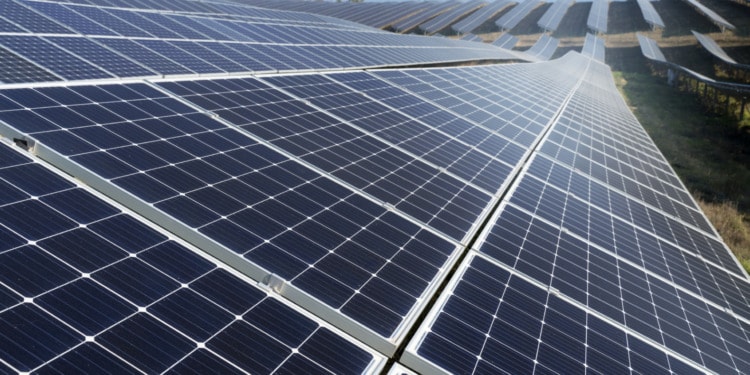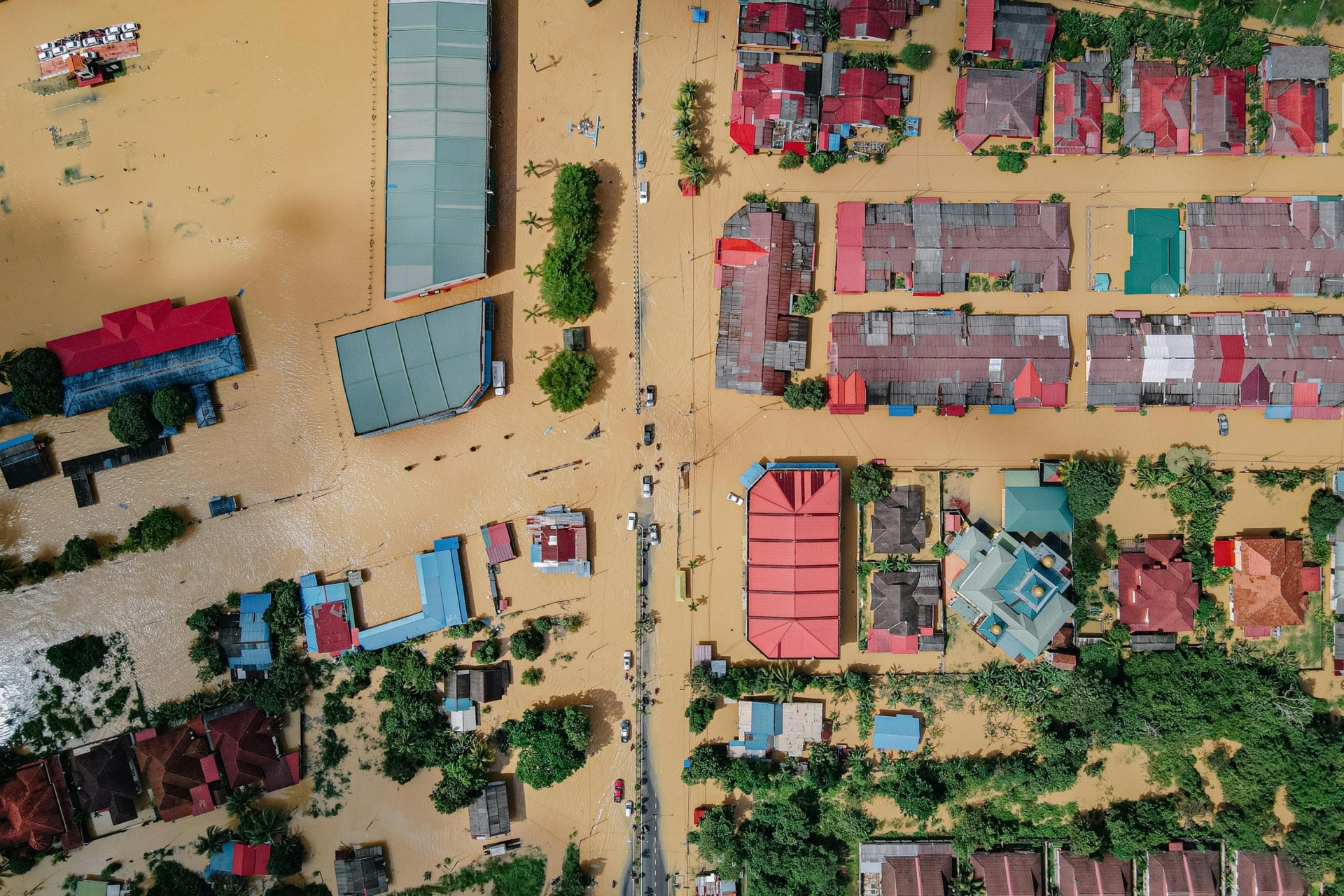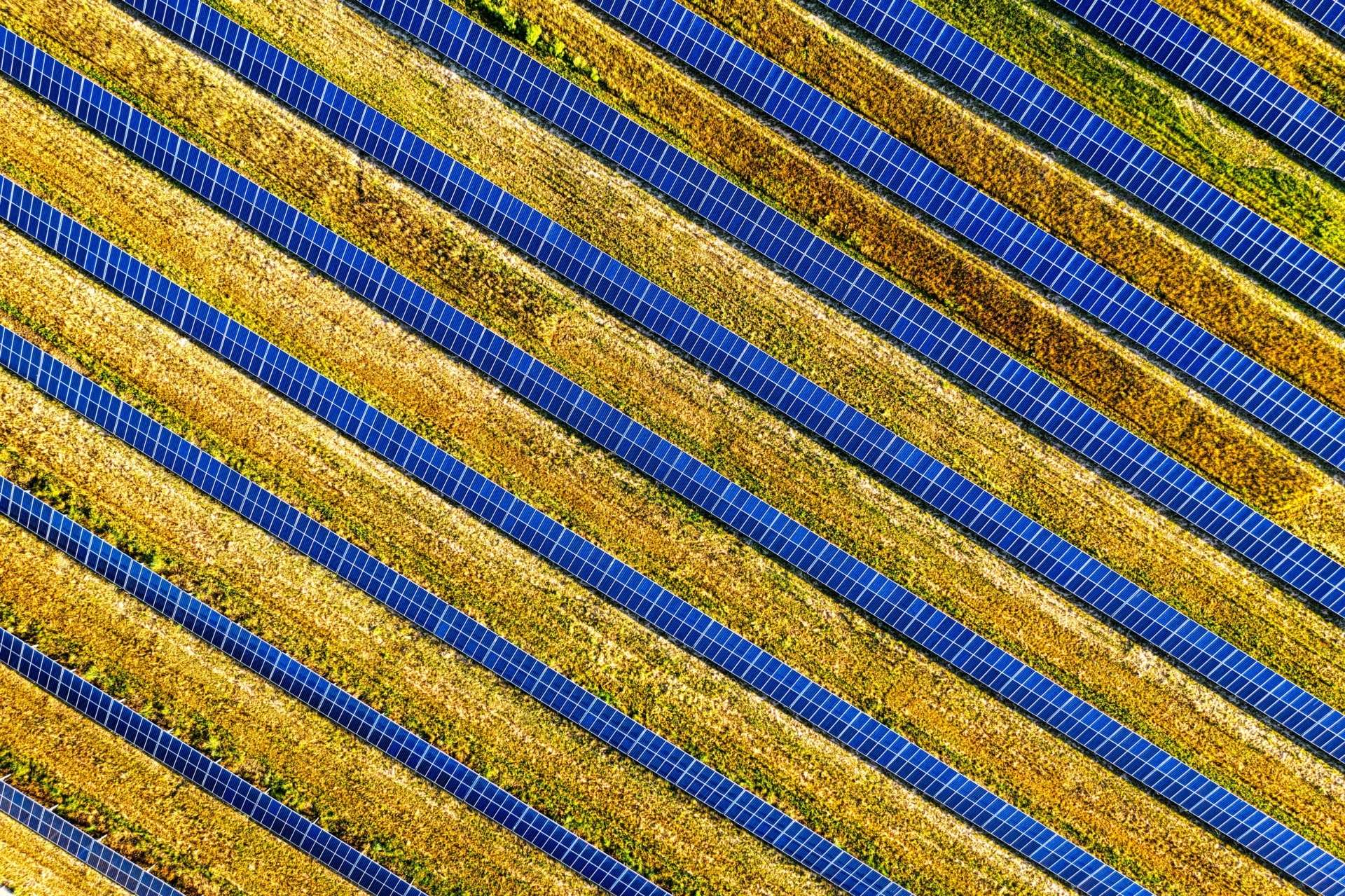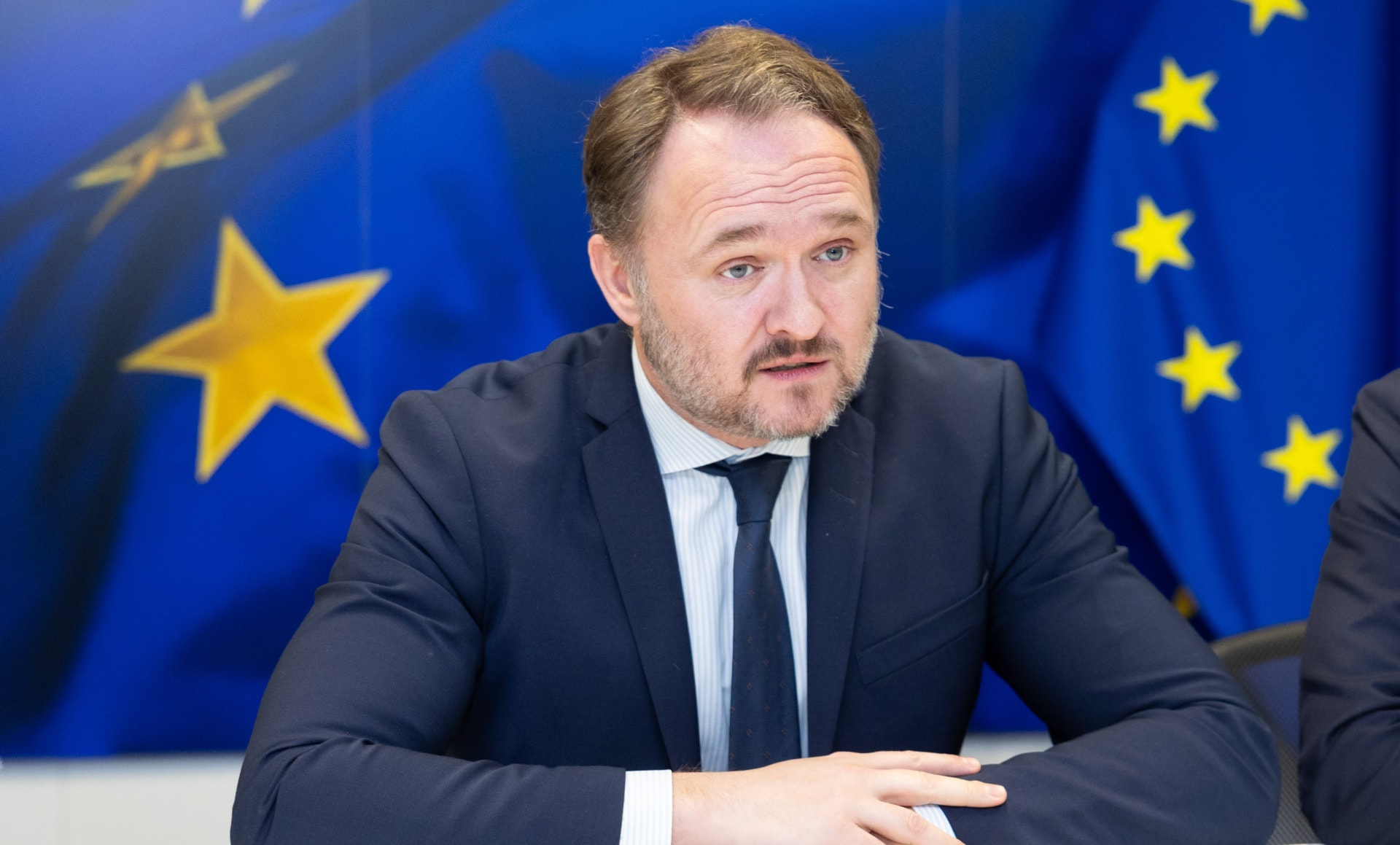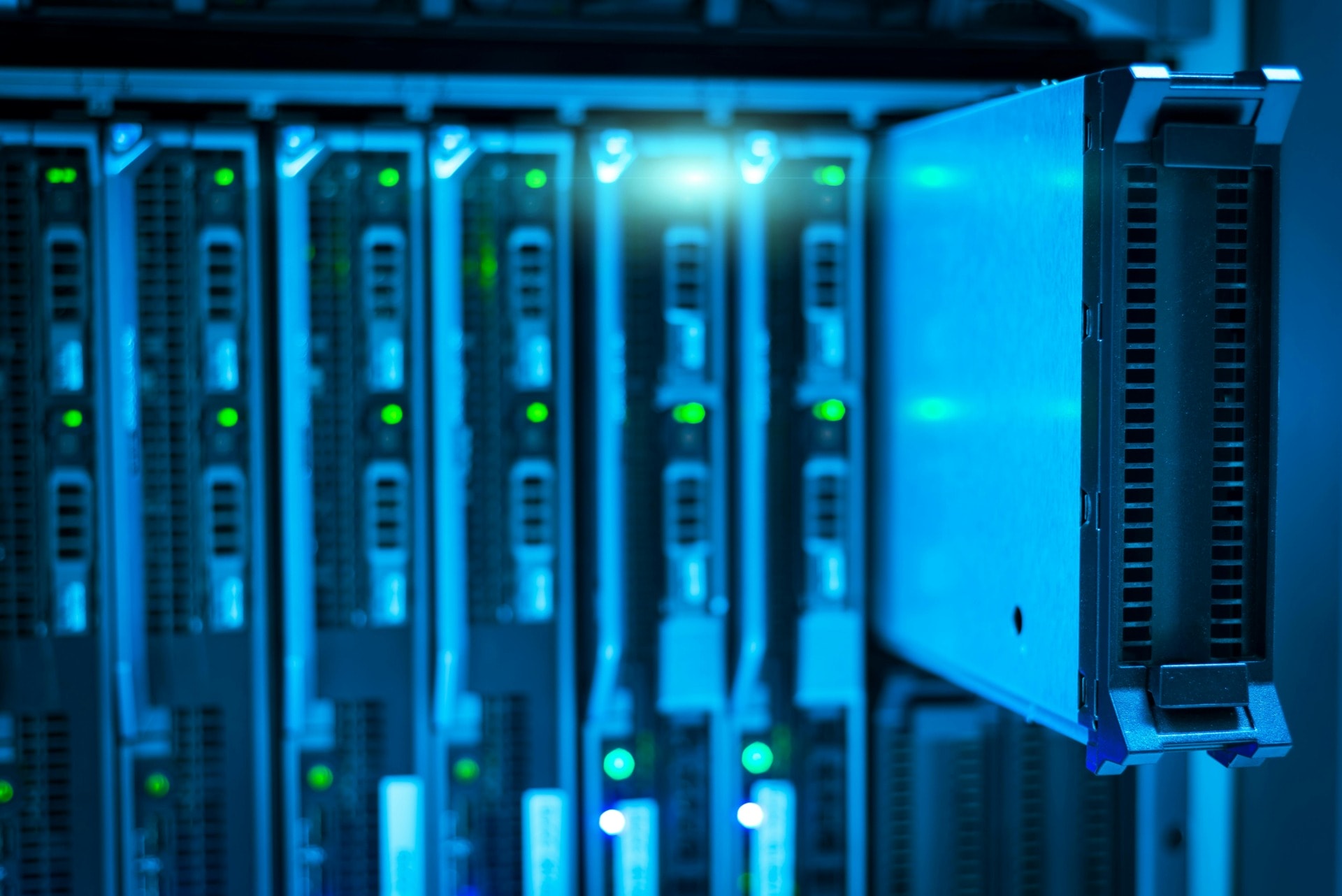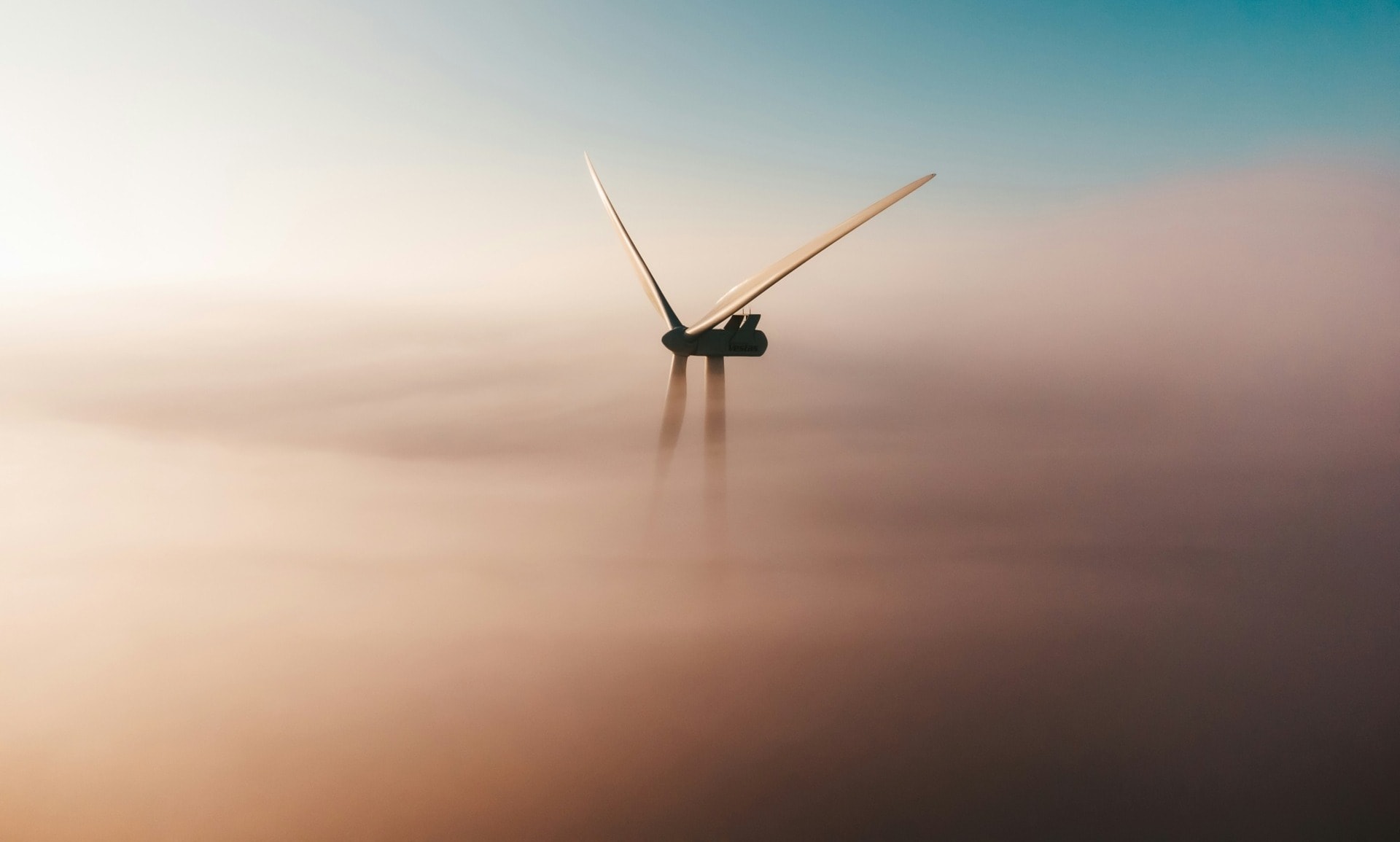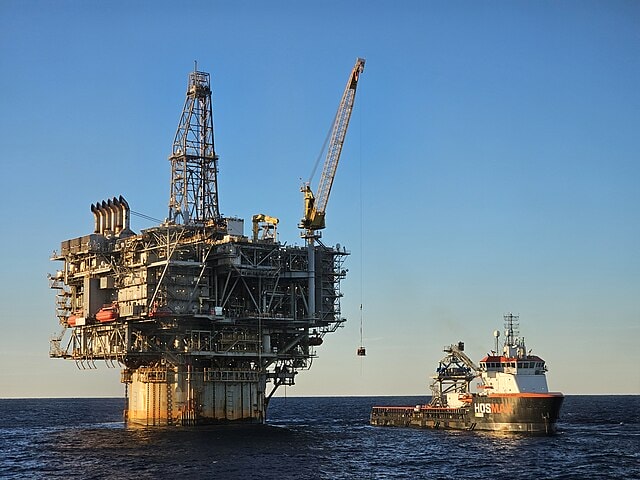The World Economic Forum (WEF) unveiled this week the launch of a new alliance called the Network to Mobilize Clean Energy Investment for the Global South. The goal, as the alliance name suggests, is to unlock the financing needed for the Global South’s clean energy transition — an estimated $2.2-2.8 trillion.
20+ ministers and CEOs join the @wef's Network to Mobilize Clean Energy Investment for the Global South. The coalition will help unlock the $2.2-2.8 trillion needed for the Global South’s #energytransition through actionable solutions👉https://t.co/6p7V0eQ8Fk #wef24
— WEF Energy (@wefenergy) January 17, 2024
As the Forum explains, network is set to serve as a collaborative platform for sharing best practices, policies, and finance mechanisms to accelerate clean energy transitions.
“Accelerating the clean energy transition is imperative to address the climate emergency, but current investment levels remain far below the scale and pace of change needed,” Head of the WEF Centre for Energy and Materials Roberto Bocca said, adding:
“Unlocking this financing today is not only a key first step towards a secure and equitable energy system tomorrow, but represents a clear opportunity for businesses, as emerging economies account for the lion’s share of the global population.”
Chaired by Rania A. Al-Mashat, Egypt’s Minister of International Cooperation, and Samaila Zubairu, President and CEO of the Africa Finance Corporation, the alliance will bring together public and private entities to identify investment needs, dismantle barriers, and develop practical solutions for a just and sustainable energy transition in the Global South.
Alliance members so far include 20 CEOs and government ministers from Colombia, Egypt, India, Japan, Malaysia, Morocco, Namibia, Nigeria, Norway, Kenya, and South Africa.
Equity and Inclusivity: A Framework for a Sustainable Future
Coinciding with the network’s launch, the WEF released a report, “Building Trust through an Equitable and Inclusive Energy Transition.”
The report “outlines a framework to guide policy-makers and business leaders from the energy sector towards a just, equitable and inclusive energy transition, particularly in developing economies, which account for less than one-fifth of global clean energy investments.”
According to its findings, annual investments in clean energy in the Global South need to triple by the early 2030s — from $770 billion to $2.2-2.8 trillion. While acknowledging recent increases in clean energy investments, the report underscores that most of this growth since 2021, over 90%, occurred in advanced economies and China.
Related Articles: Europe’s Efforts to ‘Restore Nature’ Hit a Snag | Why It’s Time for Climate Emergency Finance | Women in Finance: Overcoming Gender Bias and Advancing Careers | Africa Calls for Climate Finance Reform as Pledges Go Unmet
These findings, WEF writes, make it clear that “neglecting equity, justice and inclusivity could severely delay the transition, making it crucial to address these aspects holistically at all levels — local, national and global.”
Aliance Co-chair and Africa Finance Corporation’s Samaila Zubairu stressed the urgency of shifting the narrative surrounding clean energy financing in the Global South:
“The perception of high risk has deterred investments in emerging markets, particularly in Africa, over the years; yet, from where I sit, there is no shortage of de-risking instruments and bankable projects that not only deliver profitable returns but also accelerate development impact. Mobilizing investment for the energy transition is now more urgent. It is time for us to shift the narrative surrounding the financing of clean energy in the Global South from an aid case to a viable investment opportunity, without which we will not reach global net zero.”
Editor’s Note: The opinions expressed here by the authors are their own, not those of Impakter.com — In the Featured Photo: Solar Panels. Featured Photo Credit: Freepik.


